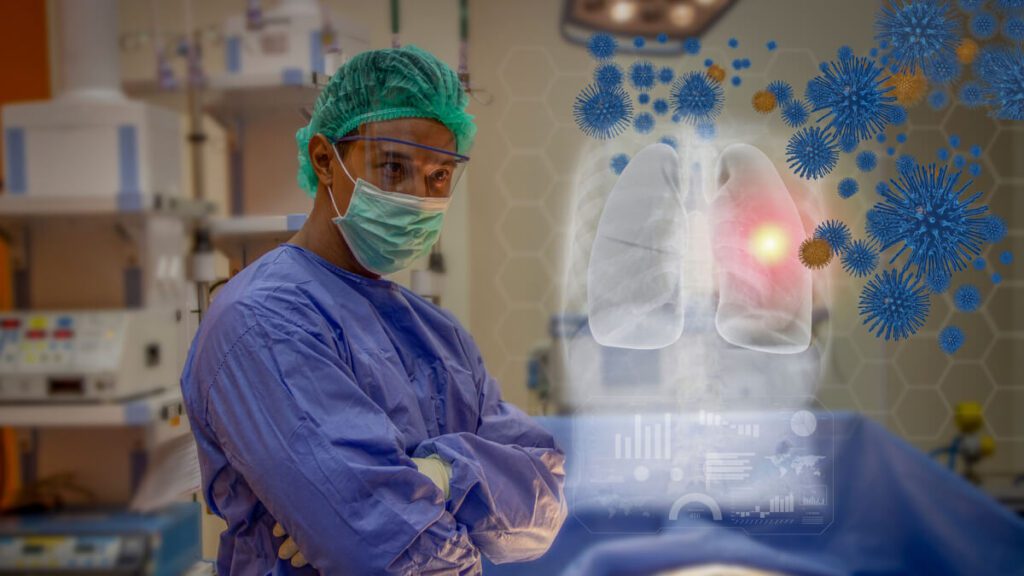
A major problem of the Covid-19 pandemic lies with asymptomatic infections – people that carry and transmit the virus without symptoms. A recently developed AI against Covid-19 has a sharp algorithmic ability to detect both symptomatic and asymptomatic cases by analyzing the sound of a person’s cough.
Pioneered by a group of researchers from MIT, the newly developed AI technology against Covid-19 is currently in clinical trials and the group have reached out to the Food and Drug Administration (FDA) for it to be used as a screening tool.
Based on previous studies, the current algorithm has already proven successful in previous cases where it managed to identify conditions such as Alzheimer’s, pneumonia and asthma.
The team took a systematic approach to develop their COVID-19 detecting tool. The researchers began by creating a website, whereby both healthy and infected people were asked to record their coughs via phones or computers. Participants were also asked to complete a survey of questions regarding their diagnosis and any symptoms they were experiencing.
With the data collected, the researchers built their AI tool and found that it was able to pick up differences in coughs directly related to four COVID-19 symptom categories: vocal cord strength, muscular degradation, sentiment, and respiratory/lung performance.
Through the website, the researchers gathered more than 70,000 individual recordings of forced-cough samples, according to their studies. Of those, 2,660 were patients who had COVID-19 both symptomatic and asymptomatic. The research team then used 4,256 of the samples to train their AI model and used 1,064 of the samples to test their model to see whether or not it could accurately detect the difference in coughs between COVID-19 patients and healthy individuals.
The research team’s results yielded 98.5 percent success rate in identifying people with COVID-19 and a 94.2 percent success rate in accurately identifying people who are not infected. For asymptomatic individuals, the technology successfully identified 100 percent of people with the virus and can correctly rule out 83.2 percent of individuals without the virus.
The team is currently seeking regulatory approval for the app that incorporates the COVID-19 model. The team is also testing the technology in a number of medical institutions worldwide.
*The study can be found in the IEEE Open Journal of Engineering in Medicine and Biology